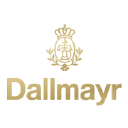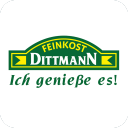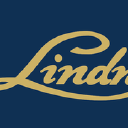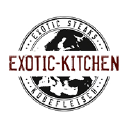Summary
The global delicatessen market has been trending positively, with the Asia-Pacific region leading the way in 2022 as the largest market for specialty foods. Despite the challenges posed by the COVID-19 pandemic and the war between Ukraine and Russia, the sector should continue to grow. Germany is a key market in this sector, where consumers attach great importance to quality and delicate products. The trend towards organic, regional and vegan products is gaining ground in Germany, with organic food sales growing at an average annual rate of 8.63% in 2021. However, there is a slight dip in 2022 with a 3.52% decline in the organic food market, attributed to consumer price sensitivity in a context of rising inflation. E-commerce is emerging as a market growth opportunity, accounting for 2.7% of total food trade in Germany by 2021. The delicatessen market is highly fragmented, with a mix of small and medium-sized companies and large supermarket chains. Despite this, discounters' market share of total retail sales is increasing, presenting a competitive challenge for specialist delicatessen retailers. Regulations concerning the import of exotic meats and specialty foods are strict in Germany and the EU to ensure safety and quality. Overall, the market continues to thrive, with a penchant for high-quality, sustainable and ethically produced food options.
The German delicatessen market: quality, variety and innovation
In the dynamic world of German delicatessen, quality and variety reign supreme. Germany's love affair with fine foods and specialty products is deeply rooted in history, dating back to the founding of the world's first delicatessen, Dallmayr, in 1700. With a penchant for unique, high-quality food products, Germany is a pioneer in the delicatessen industry. The German delicatessen market has shown resilience and growth despite the challenges posed by the COVID-19 pandemic and geopolitical tensions such as the war between Ukraine and Russia. The food retail sector in Germany has seen steady growth, with annual sales of delicatessens making a significant contribution to the economy. Sales trends in the food retail sector point to a compound annual growth rate (CAGR) of between 0.5% and 0.7% in 2020. The behavior of German consumers testifies to their appreciation of a diversified palate, opting for products that guarantee quality, freshness and, increasingly, sustainability. Monthly food expenditure accounts for a substantial share of German household spending, indicating a strong penchant for high-end food products. Regional, organic and vegan options are in vogue, with the organic food market recording a CAGR of around 7% to 9% in 2021.
However, the following year saw a decline of around 3-4% on the previous year, indicating a shift towards more budget-conscious purchasing decisions against a backdrop of rising inflation. However, factors such as sustainability, health benefits and regional production continue to influence purchasing decisions, as market analysis shows. The trend towards vegan products is gaining ground, and Germany is leading the charge with a significant increase in the launch of new vegan products every year. By 2022, the number of vegans had risen remarkably, to between 1.25 and 1.5 million. This development is appreciated not only by vegans, but also by a growing number of flexitarians, who occasionally treat themselves to refined and delicate dishes. In terms of where to shop, traditional supermarkets and discount stores dominate the scene. However, 10-15% of consumers still appreciate the specialized experience and buy their food in delicatessens and specialty stores. The trend is clear: almost 8 million people have shopped in delicatessens. The delicatessen market is characterized by a rich tapestry of suppliers offering a sumptuous array of high-quality food products, from cheeses and meats to gourmet chocolates and fine wines. In this complex market, several companies have carved out important niches, offering consumers products that are synonymous with excellence and authenticity.
Let's take a look at some of these major players, to understand their contribution to the delicatessen landscape.
Dallmayr: A pioneer in the delicatessen industry, Dallmayr is respected for its historic roots and refined selection. Founded in 1700 in Germany, Dallmayr has evolved from a simple importer of exotic fruits to an establishment synonymous with luxury and gastronomic delights. Today, Dallmayr offers a plethora of exquisite products, including premium coffee, delicate pastries, selected wines and spirits. Its expertise in this field is an anchor in the market, consistently offering a standard to which others can aspire.
EdekaandLidl: These large retail chains have integrated an impressive selection of delicatessen products into their offer. Although not traditionally specialized in this segment, both Edeka and Lidl have embraced consumers' growing appetite for fine foods. Thanks to specially designed sections in their stores, they are able to satisfy the discerning palate that seeks both quality and convenience. Their decision to include premium brands reflects their desire to bridge the gap between everyday shopping and the search for gourmet experiences.
Gourmondo: As the e-commerce sphere continues to expand, Gourmondo has established itself as a specialist website that connects manufacturers and customers in the savory realm of delicacies. Offering a virtual marketplace for everything exquisite and rare, Gourmondo stands out for its emphasis on convenience and diversity. Consumers can browse a vast catalog of specialties from the comfort of their own homes, adding an exciting and accessible facet to the search for culinary treasures.
Amazon: Not traditionally associated with delicatessen, Amazon has nonetheless jumped into the fray with gusto, leveraging its online grocery stores, which increasingly offer gourmet selections. Proof of its power, Amazon's entry into this segment means recognition of a substantial market opportunity in online delicatessen, fuelling the transformation of consumer habits.
Motherland in Hamburg: Although not as universally known as its counterparts, Motherland is an example of innovation in the delicatessen sector thanks to its hybrid store concept. This intriguing establishment allows customers not only to shop, but also to buy quality products.
to understand this market
Detailed content
 Inforamtion
Inforamtion
- Number of pages : 30 pages
- Format : Digital and PDF versions
- Last update : 23/03/2023
 Summary and extracts
Summary and extracts
1 Market overview
1.1 Market definition
Foods that are not part of daily consumption and are carefully selected are called delicacies or delicatessen. These include exotic vegetables and fruits, oysters, champagne, caviar, frogs' legs and snails. Delicatessen products are special foods such as pâtés, mayonnaises and seasoning sauces, selected meat products and cheeses, and fine salads such as poultry salad or Waldorf salad. Today, delicatessen also includes well-stocked fish and seafood departments with a wide range of products. It also includesregional specialties (for example, regional honey, regional coffee, tea, high-quality pastries, etc.) and rare products that require great expertise, such as fine wines and spirits and spices.
A delicatessen product is therefore a food product of exceptional or even very exceptional quality. Delicatessen products always have a history or a meaning and are an expression of an art of living
A delicatessen is a business that includes a variety of foods that are mainly of high quality.
For a long time, delicatessens were only physical outlets in large urban areas and associated with the big names of luxury.
Today, the 3 main distribution channels for delicatessen are:
- Specialized delicatessens
- Retail players
- Specialized websites
All our studies are available online in PDF format
Take a look at an example of our research on another market!
Latest news
Companies quoted in this study
This study contains a complete overview of the companies in the market, with the latest figures and news for each company. :
 Choosing this study means :
Choosing this study means :
Access to more than 35 hours of work
Our studies are the result of over 35 hours of research and analysis. Using our studies allows you to devote more time and added value to your projects.
Benefit from 6 years' experience and over 1,500 industry reports already produced
Our expertise enables us to produce comprehensive studies in all sectors, including niche and emerging markets.
Our know-how and methodology enable us to produce reports that offer unique value for money.
Access to several thousand articles and paid-for data
Businesscoot has access to all the paid economic press as well as exclusive databases to carry out its market research (over 30,000 articles and private sources).
To enhance our research, our analysts also use web indicators (semrush, trends, etc.) to identify market trends and company strategies. (Consult our paying sources)
Guaranteed support after your purchase
A team dedicated to after-sales service, to guarantee you a high level of satisfaction. +44 238 097 0676
A digital format designed for our users
Not only do you have access to a PDF, but also to a digital version designed for our customers. This version gives you access to sources, data in Excel format and graphics. The content of the study can therefore be easily retrieved and adapted for your specific needs.
 Our offers :
Our offers :
the delicatessen market | Germany
- What are the figures on the size and growth of the market?
- What is driving the growth of the market and its evolution?
- What is the positioning of companies in the value chain?
- Data from several dozen databases
5 reports pack (-15%) DE Germany
- 5 reports at €75.6 excluding VAT per study to choose from our German catalogue for 12 months
- Save 15% on additional studies purchased
- Choose to be refunded any unused credit at the end of the 12-month period (duration of the pack)
See the terms and conditions of the pack and the refund of unused credit.
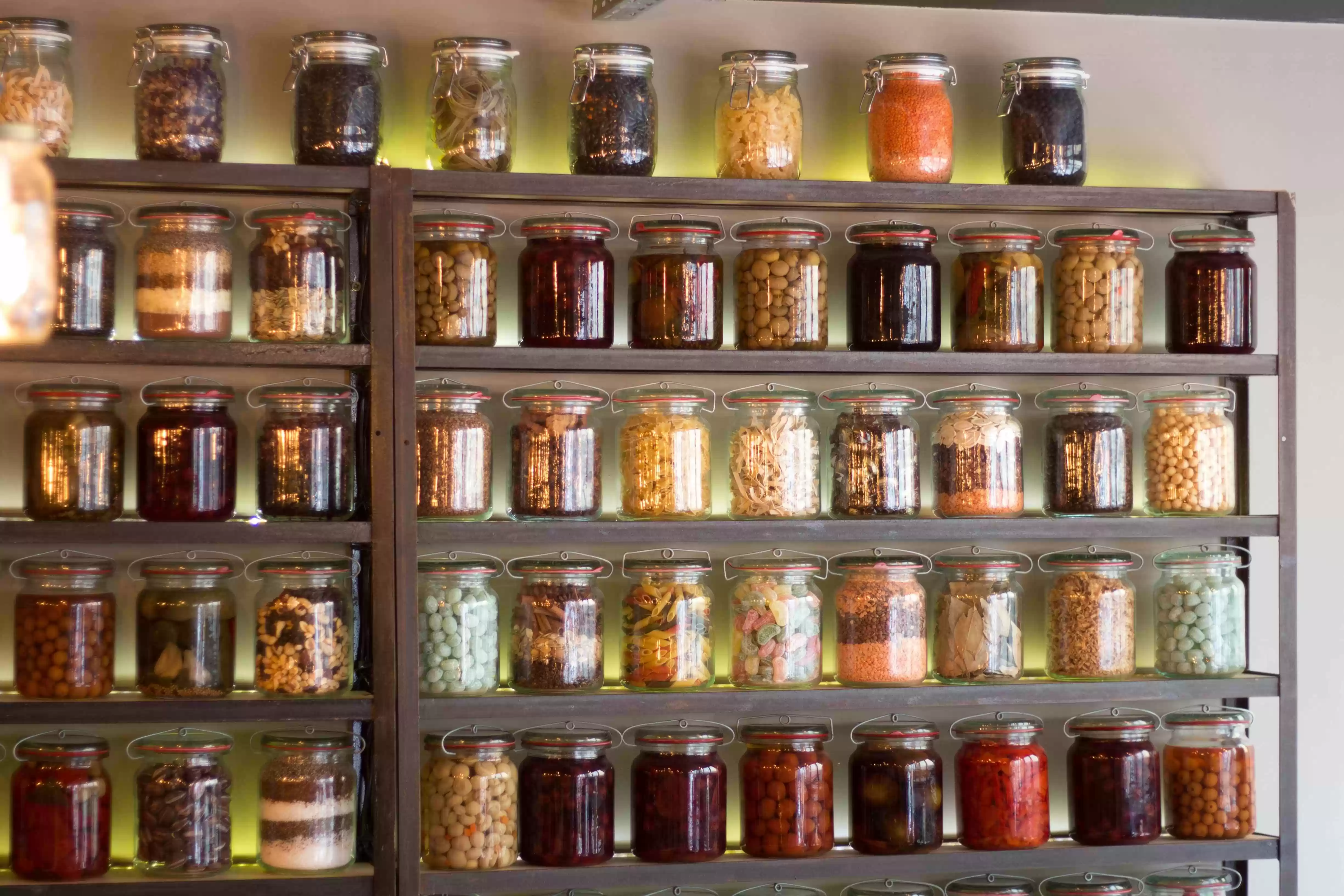




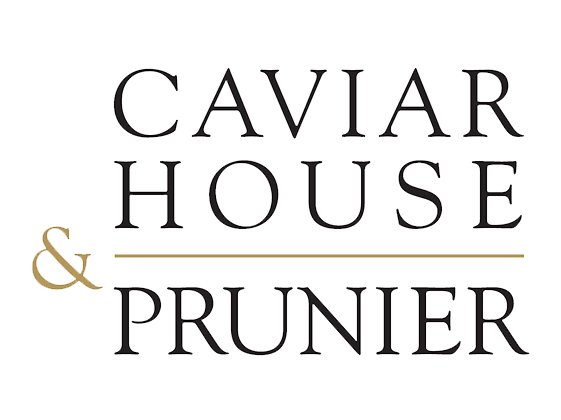 Caviar producers Prunier and Neuvic to merge - 08/08/2023
Caviar producers Prunier and Neuvic to merge - 08/08/2023
